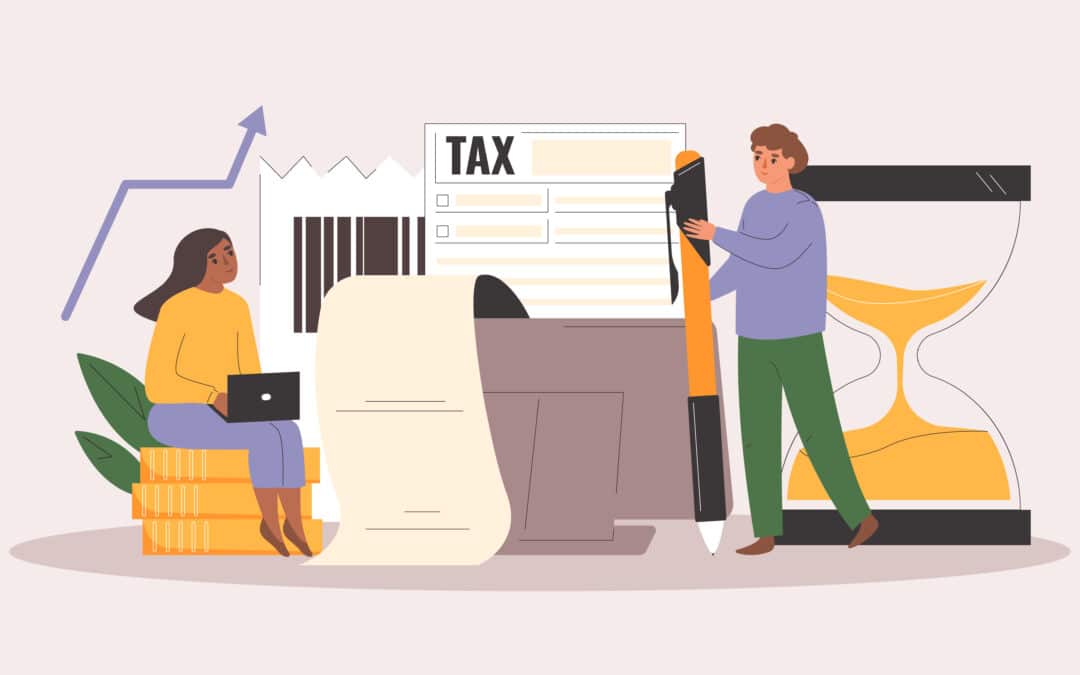In the world of personal finance there are few dates as important as 31st January; HMRC’s deadline for self-assessment submissions, which affects more than 12 million UK taxpayers.
With paper self-assessment returns due by 31st October and less and less individuals choosing this option, January 31st has become ever more important to many of us. In fact, in 2024 more than 97% of the customers of His Majesty’s Revenue and Customs chose the electronic option.
Self Assessment
It is a myth that only self-employed workers with a gross annual income of more than £1000 need to complete a tax return via self-assessment. Others do too, including someone who is a partner in a business partnership, something with a taxable income of more than £150,000 and someone who has received income of over £1000 from providing trading or services online.
If you have savings in banks or building societies or investments and you earn interest of more than £10,000 from these savings or investments, you also need to complete a tax return. Likewise, if you receive rental or letting income from UK land and property, you must complete a tax return. Please check with HMRC for a full list.
Register
Anyone who has not filed a self-assessment submission before must first register for the service. After following strict security rules, they will be sent a Unique Taxpayer Reference which will allow them to submit a self-assessment on the HMRC website.
Be prepared/be early
Filing a tax return online can be stressful and one of the best pieces of advice offered by HMRC is to file early to avoid any last-minute stress. Good advice is also to be prepared before you sit down to complete your return on your computer. Have all the paperwork, facts and figures, receipts and payments prepared beforehand to make entering information onto the website quick and straightforward. The option to start again is also offered and for people new to filing online tax returns this can be extremely useful.
As with many elements of modern life be aware that criminals might attempt to steal information and money. Thankfully, HMRC has a scam checklist, and this is worth looking at in the first instance if you feel someone is trying to steal from you.
Penalties
Failure to adhere to the 31st January date for your self-assessment will lead to penalties. There is an initial fixed penalty of £100 for late submission even if there is no tax to pay. After three months up to a maximum of £900. After six months there is a further penalty of 5% of the tax due over £300, whichever is greater and after twelve months, another 5% or £300, whichever is greater.
There is plenty of help available. HMRC has a helpline and web chat service to assist you in completing your self-assessment. There are also live webinars, YouTube videos, guidance notes and email updates. Please see HMRC’s Self-Assessment website for more information.
Credit: Rob Bullock www.robbullockauthor.blogspot.com
Get in touch
If you would like more information about Local-Eyes and how we can help you, please complete the contact form below and we will do all we can to help you.
Please fill in all required fields.


